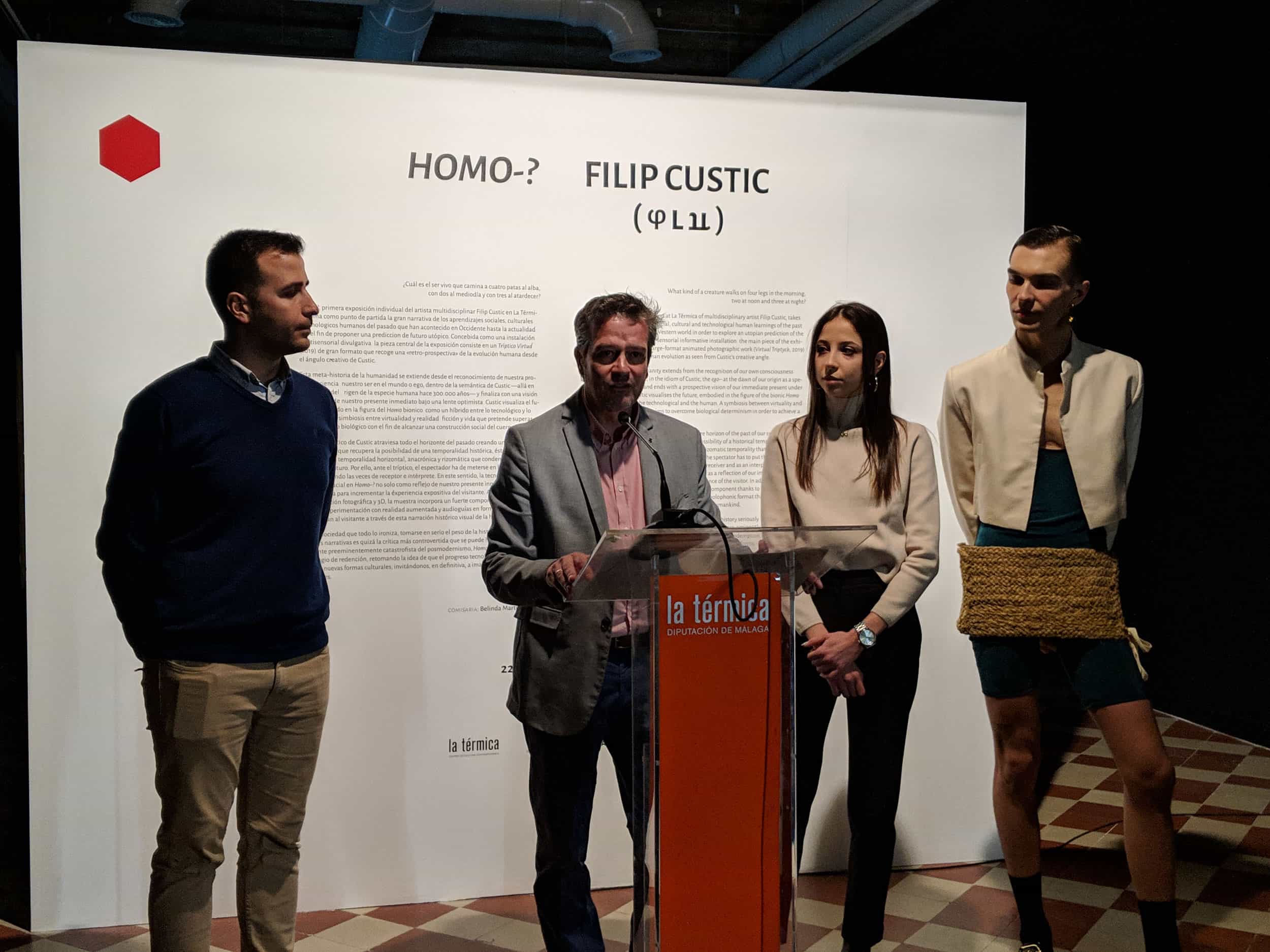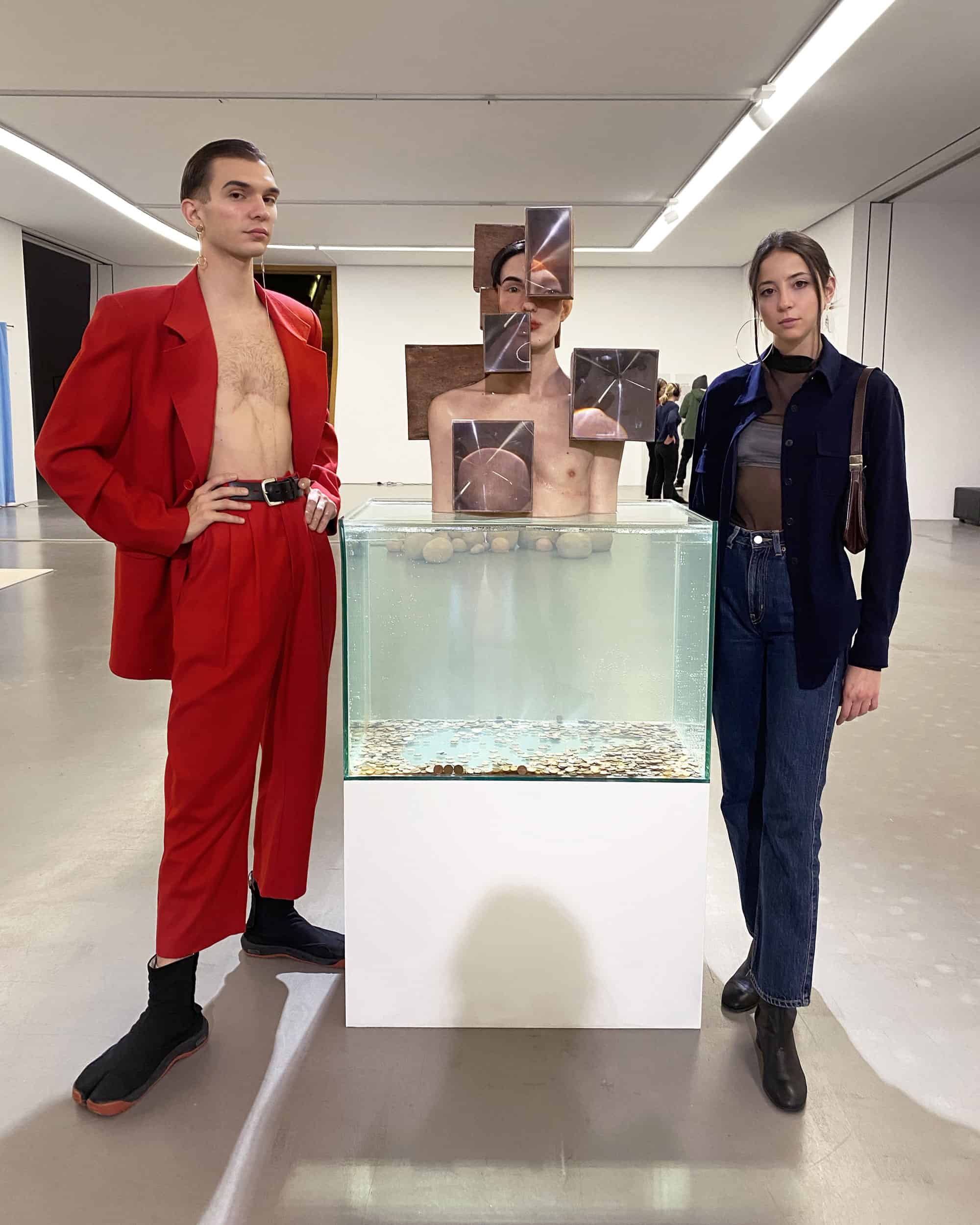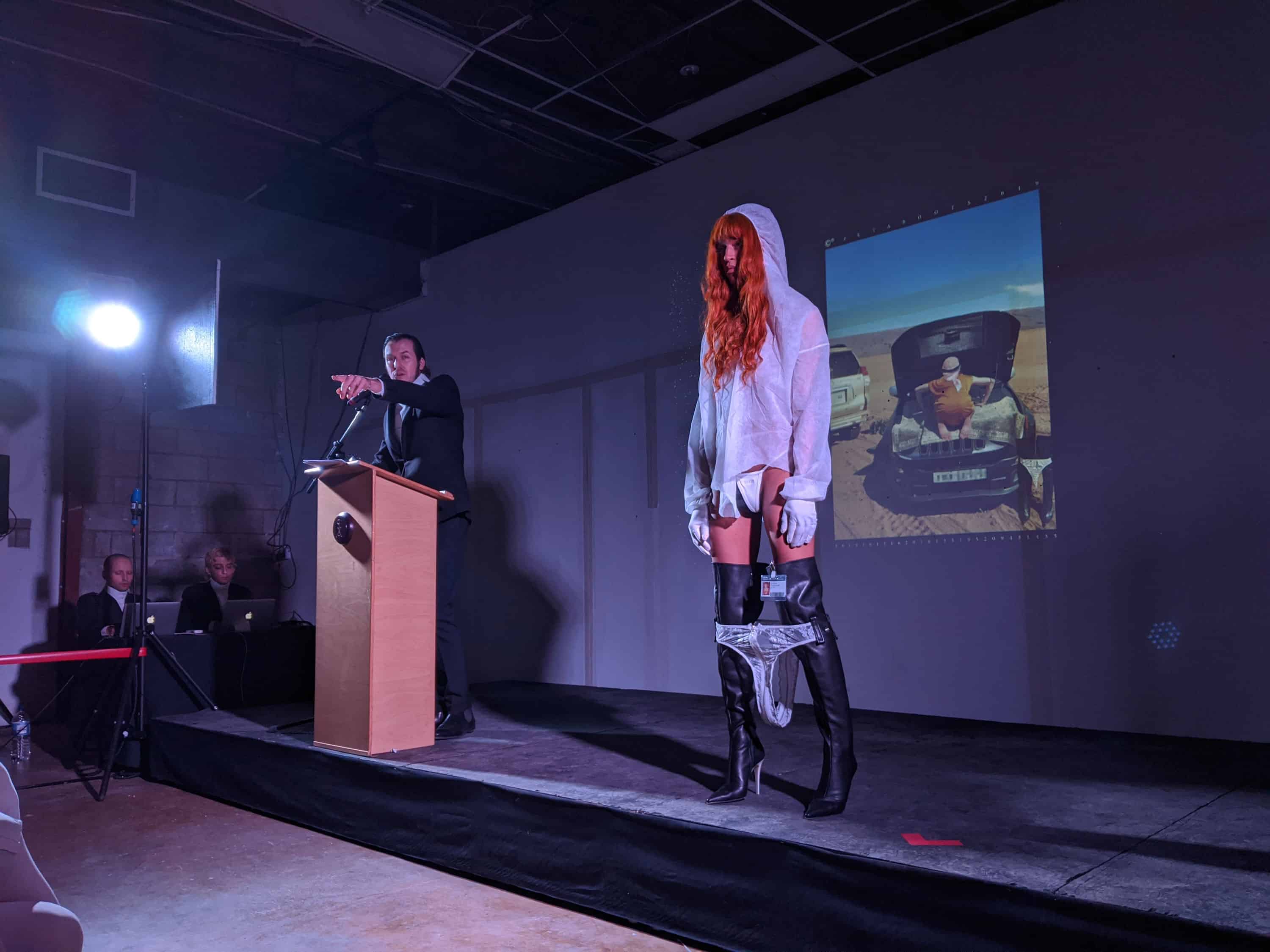In this series of interviews, we ask art professionals about their jobs and careers after graduation. No matter where you live, finding a job with a humanities degree is not an easy thing. We try to find out what the “perfect job” means for them. This time we speak with Belinda Martina Porras – the Director and founder of visual arts production company, Lava Art Project.
Position: Director and founder of visual arts production company, Lava Art Project
Location: London
Sylwia Krasoń: Could you describe your position, duties, and responsibilities?
Belinda Martin Porras: In a nutshell, I work helping artists materialise their ideas. I want them to focus on the creative side. This takes the form of curating and producing exhibitions, helping them write artist statements, or prepare different materials for open calls of all sorts. I have just founded my own visual arts production company, Lava Art Project, recently, which also acts as an agency representing a small but very promising roaster of emerging artists. My work at Lava also involves getting them projects and collaborations with curators, cultural institutions and brands.
SK: What were your beginnings like?
BMP: I did a BA in Art History in Madrid, and then an MA in Classical Art & Archaeology at King´s College London. During that time I´ve also worked in a couple of contemporary art galleries so I was always working at both ends, or extremes, of the art spectrum: ancient artefacts and architectural remains the author of which is, for the most part, unknown on one hand and contemporary artworks and living artists on the other. So, in a sense, I felt I wanted to work more closely with artists, rather than just with objects, and now having both Lava and my PhD I can fulfil my passion for art on a practical and a theoretical level at the same time.
SK: What pushed you to start your own project?
BMP: One of the reasons was the competitiveness of London itself. This is a city overcrowded with over-qualified art professionals, so the job offers I was receiving were either too low for my career or required too many years of experience which I didn´t yet have. There are always the internships at galleries, most of them blatantly unpaid, but, money aside, I just felt that they didn´t allow me to grow or learn any new skills. Becoming an independent curator was the first step that allowed me to gain the experience I was craving, but, again, being a freelance curator is not the most sustainable job in the long-term, to be honest. Besides, I wanted to work even closer with the artists, to be part of their team and be more actively involved in all their projects regardless of whether I was the curator of their show or not. I was already working side by side as a team with artist Filip Custic for a year, which was eventually what pushed me to start my own project, Lava, so I could escalate and represent more artists and help them produce their projects.
SK: How long have you been preparing for this job?
BMP: My whole life, I guess? I mean this kind of job involves both your past work and social experience as a human being. By this I mean I think it´s important to just start working on what you most like as soon as you realise it. There is no threshold of years you must spend preparing. Learning by doing is the best way to go.

Press conference of Homo?, exhibition, 2019
SK: How has your education prepared you for your career?
BMP: That said, my studies have given me the focus and discipline I need to endure in my work. More specifically, they have also provided me with a wider and deeper art historical and theoretical knowledge, and research tools which are as well quite handy for writing exhibition catalogues, articles and papers.
SK: What was the most important skill which alowed you to get this job?
BMP: I would say my perseverance and capacity to remain calm under pressure. I´m a natural problem-solver which I think is crucial when working on visual arts productions.
SK: What are the three most popular career options among independent curators?
BMP: I think there is a tendency to go for work-from-home jobs and overall will to have a flexible schedule among people belonging to the XYZ generations. This is why there are a lot of entrepreneurs in these groups of individuals, we value a career that gives us the ability to work at least semi-independently. I love being my own boss.
SK: What were the skills you had to learn to do your work?
BMP: I’d say project management and organisational skills. Negotiating skills are important too, and relationship-building skills in order to foster partnerships with other practitioners and institutions.

SK: What is the riskiest decision you had to take?
BMP: Founding my own company. Even though I was labelled either too young to do it, or that I hadn´t had the ‘professional profile’ (whatever that means) of a curator or agent.
SK: What has been the most difficult task you undertook so far?
BMP: Putting together three shows in a year whilst also doing my PhD was pretty tough, but it was totally rewarding.
SK: What was your biggest setback, failure, or defeat?
BMP: Having done some internships when I was younger without any remuneration. Do never work for free. You must set boundaries with yourself first and foremost since the beginning of your career, otherwise people will take advantage of you and your work.
SK: What do you consider to be your biggest success?
BMP: The artists we’ve got at Lava and the confidence they have put on us, especially since we’re such a small team yet.

“Link in Bio Art after Social Media”, exhibition
SK: What three tips would you give someone who wants to run or own an arts organisation?
BMP: More action, less hesitation! Pursue your career as soon as possible. The sooner you get the experience you need the better you’ll know exactly what you want.
- Partner with your friends. Working with people who’re professionally and emotionally on the same page as you is fundamental in order to grow both at an individual level and as a team.
- Patience and perseverance.
SK: Are you satisfied with your current position? Would you like to change something in your current role?
BMP: Yes, I am indeed!
What I would change is that I’d like to have more people on my team so we can grow faster.
SK: What is your dream job?
BMP: Owning and running my visual arts company.


The article was created thanks to the Arts Council Emergency Response Fund: for organisations (non NPO). Contemporary Lynx organisation is supported by Arts Council England.














